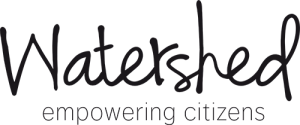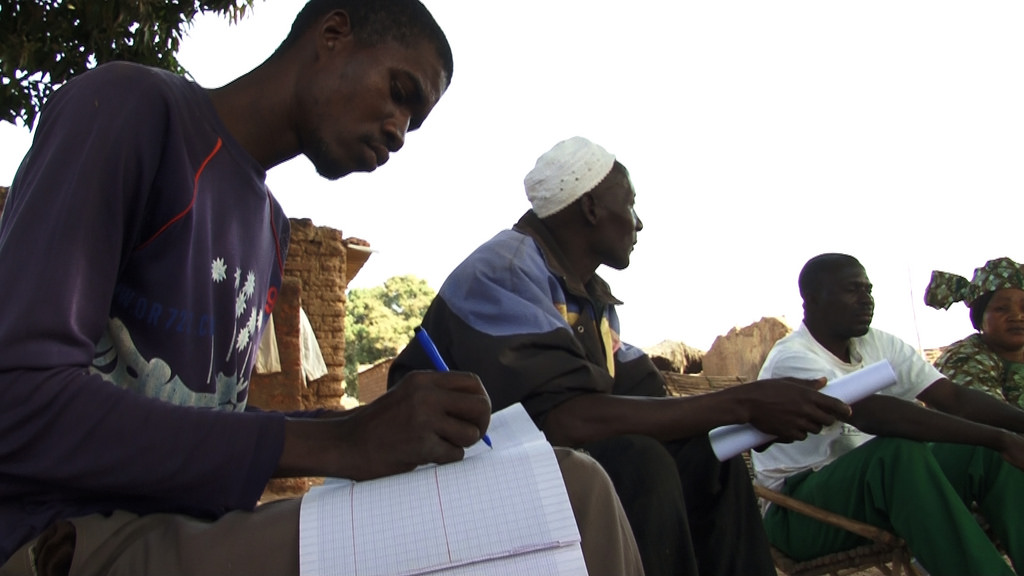In the first nine months of the strategic partnership Watershed – empowering citizens context analysis and stakeholder and factor analyses have been carried out. These analyses will give direction to the partnership’s activities for the coming months.
Goals and objectives
The long-term objective of Watershed is improved governance for water, sanitation and hygiene (WASH) and water resource management (WRM) so all citizens, including the most marginalised, can benefit from sustainable services. The immediate goal is to enhance citizens’ ability to obtain information so civil society organisations (CSOs) can advocate for change based on reliable, accurate data and strengthen civil society’s capacity for lobbying.
Inception phase
We have ended the nine-month inception phase. With the help of the context analysis and stakeholder and factor analyses which were carried out within this phase we will reflect on the programme. What progress has been made so far? What challenges are we facing? And how will we elaborate on the current findings? Three themes will be discussed: lobbying and advocacy; capacity building; and evidence and knowledge.
Lobbying and advocacy

During analysis of lobbying and advocacy we encountered some difficulties. For example, in some countries – such as India – lobbying has a negative connotation. It is associated with strikes and acting against authorities. Therefore, extra attention has to be paid to depicting lobbying as a positive concept – the way Watershed intends. This is visualized in this figure.
The main learning component so far on lobbying and advocacy is that government will only listen if the data sources are reliable. With this in mind, we need to support CSOs in increasing their profile, credibility, legitimacy and support for the sector. Also, we will support CSOs in the collation and channeling of evidence, development of policy briefs for the use of advocacy and lobbying.
Public hearings and debates within the governance structures are already in place to enhance the understanding of integrated water resources management (IWRM) and WASH, and financing roles, rights and responsibilities. In addition, workshops and roundtable discussions on the use of the online platforms for data sharing will be organized as well as validation meetings with the users and target institutions. In case these kind of information-sharing platforms are not in place, citizen and district multi-stakeholder dialogues will be created and platforms will be coordinated.
Capacity building
Watershed will build the capacities of CSOs in IWRM and WASH for policy analysis on advocacy and lobbying and enhancing the sectors understanding of their roles and responsibilities. We also build the capacities of CSOs for the facilitation of dialogue and accountability forums at district and regional level for joint learning and sharing of successes and failures in IWRM and WASH on selected policy issues.
We will train CSOs and government on the use of social accountability tools to mobilise and sensitise communities on their roles and responsibilities in IWRM and WASH service provision. Also, training in methodologies for budget tracking at national and/or district level will take place.
Evidence and knowledge
Watershed will perform policy review analysis to inform sector debates on IWRM and WASH, delivered with compelling stories on implications for development by those affected. Also, an assessment will take place of existing data sources on IWRM and WASH and its potential for enhanced dialogue and exchange. Besides that, we will conduct budget tracking of IWRM and WASH budgets and expenditures using the life-cycle costs approach (LCCA) and TrackFin.
We are off to a good start. Check also Watershed’s project updates.

